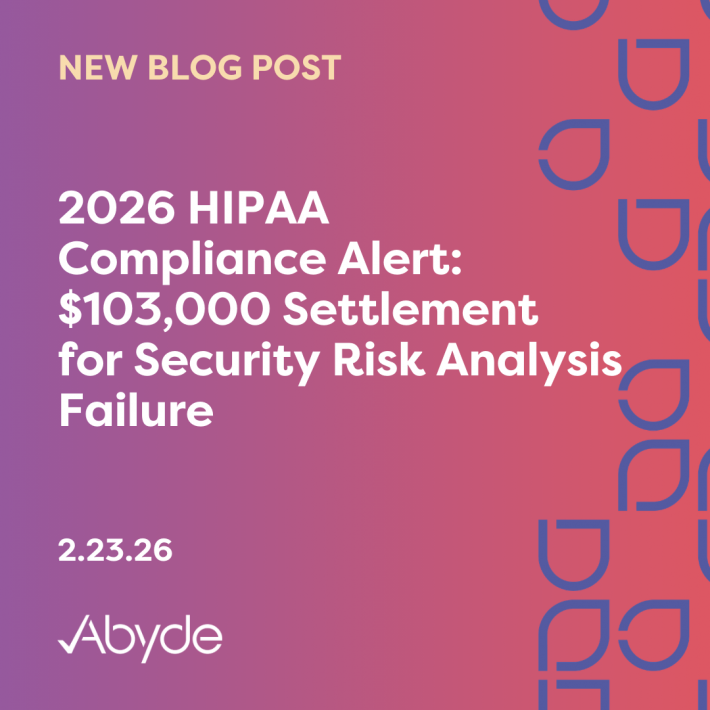February 26, 2020
The days of simply shredding paper records and files to dispose of Protected Health Information (PHI) are behind us as the use of technology continues to become more prevalent within the medical industry. Under the HIPAA Privacy Rule, practices are required to implement the proper administrative, technical, and physical safeguards when it comes to protecting patient privacy. This rule dictates that covered entities are responsible for implementing and maintaining these policies.
For many practices, disposing of electronic or regular PHI in the proper way may be daunting. Instead of always shredding a paper file, practices now have to follow recommended methods to dispose of data provided by the U.S. Department of Health and Human Services. These methods include:
- Using software or hardware products designed to properly overwrite data
- Disposal methods such as degaussing
- Disintegrating the PHI
- Physically damaging or destroying the device containing PHI
- Shredding PHI only when paper copies were used or created
Without a simple checklist to follow, it is difficult to guarantee that the best measures are being taken to protect this secure data. In fact, covered entities and business associates have been hit with hefty fines for not disposing of PHI properly.
RELATED: IS YOUR PRACTICE MEETING HIPAA DATA SECURITY REQUIREMENTS? DOWNLOAD OUR HIPAA CHECKLIST AND FIND OUT!
In one well-publicized example, a shredding company left thousands of patient files unlocked and unguarded for anyone to take. The shredding company, as well as the covered entity whose files were left unsecured, were both hit with monetary settlements. Another incident of improper PHI handling left almost 10,000 individuals impacted. In this case, a pharmacy disposed of an electronic device used for customer signatures without properly wiping the device first. This exposed a vast amount of PHI including patient names and signatures along with prescription numbers and medication names.
Many of these incidents occur due to the lack of policies set in place by the practices for business associates and other outside parties handling patient data. Another case that led to monetary penalties totaling a whopping $140,000 resulted from a medical billing company disposing of 67,000 patient records in a public dumpster.
Unfortunately, improper disposal of PHI is the source of many data breaches and HIPAA violations. Implementing the correct policies for disposal of PHI is paramount, and each employee must be trained on proper PHI disposal to ensure that your practice is taking every step possible to keep protected health information secure.





